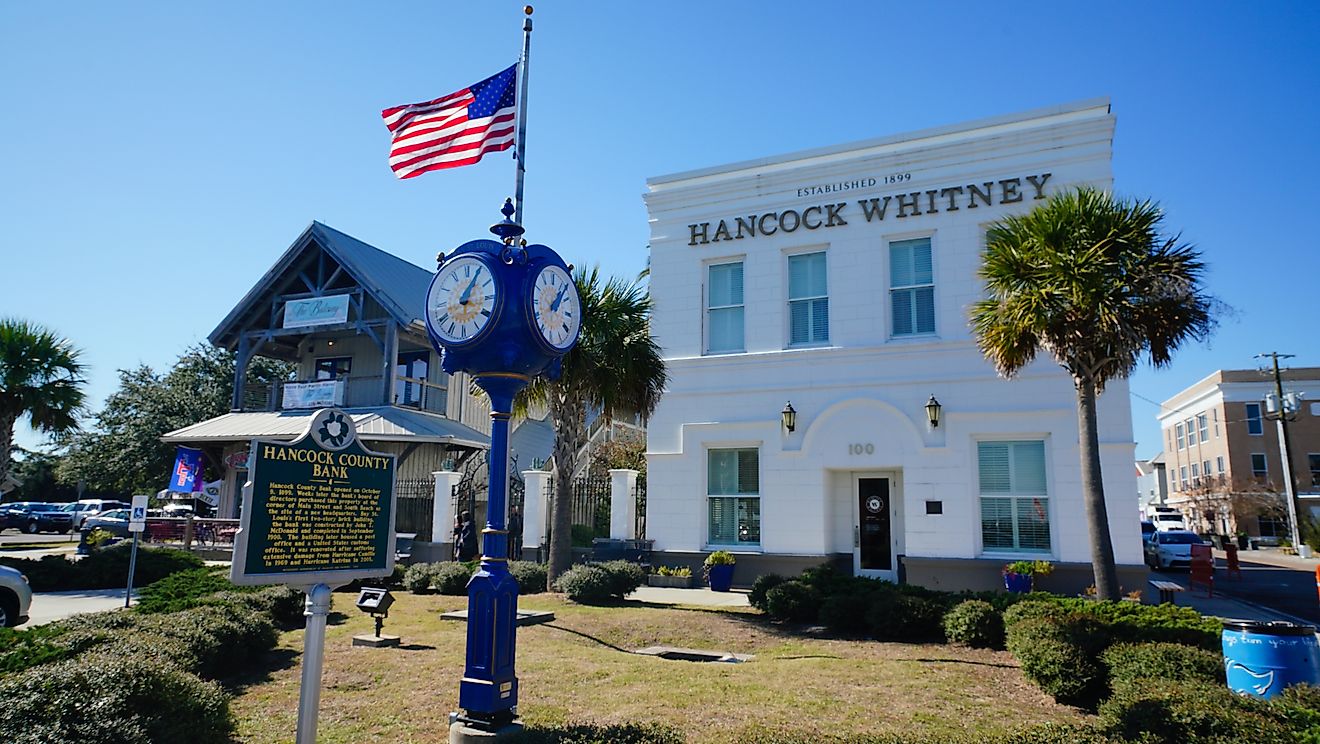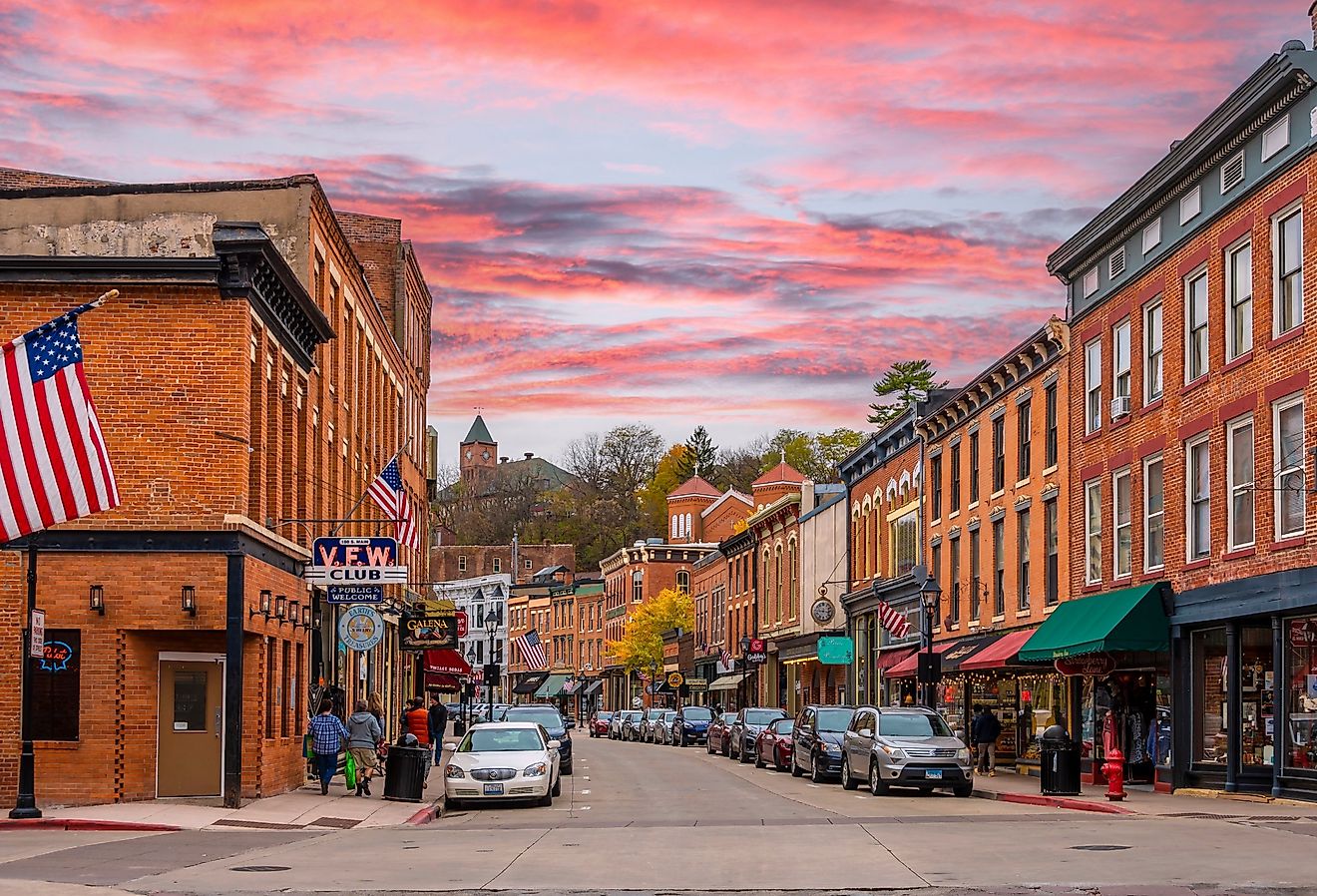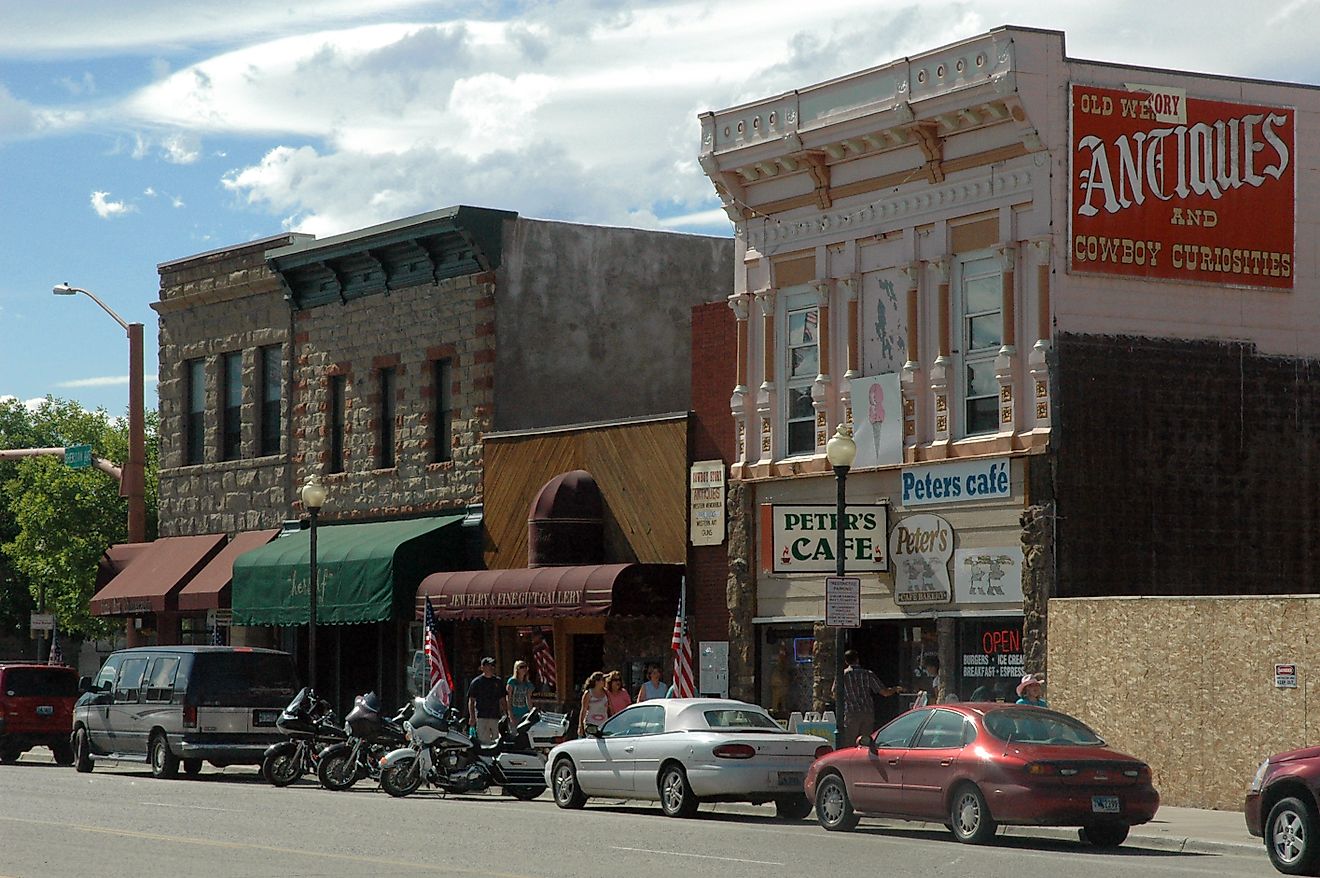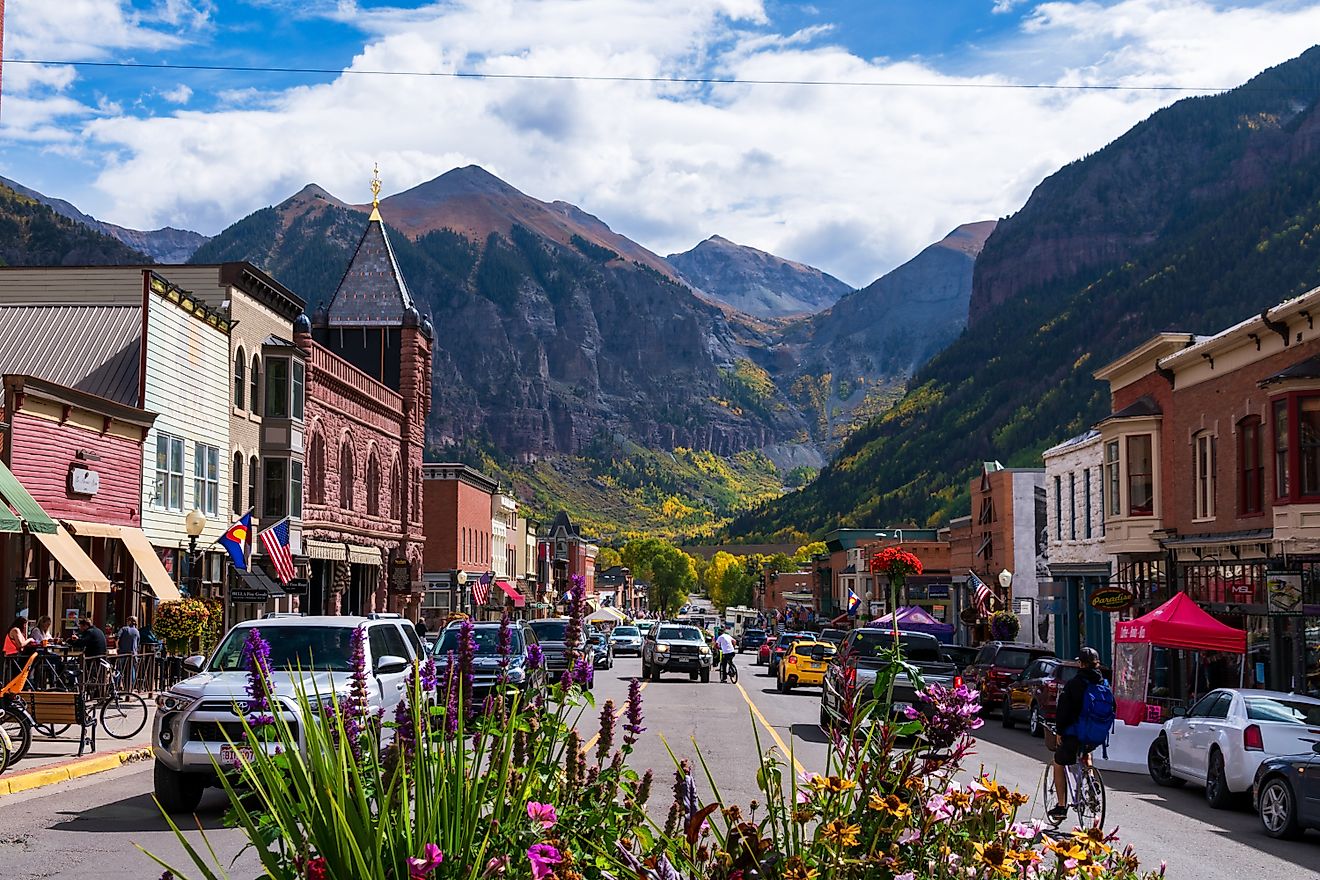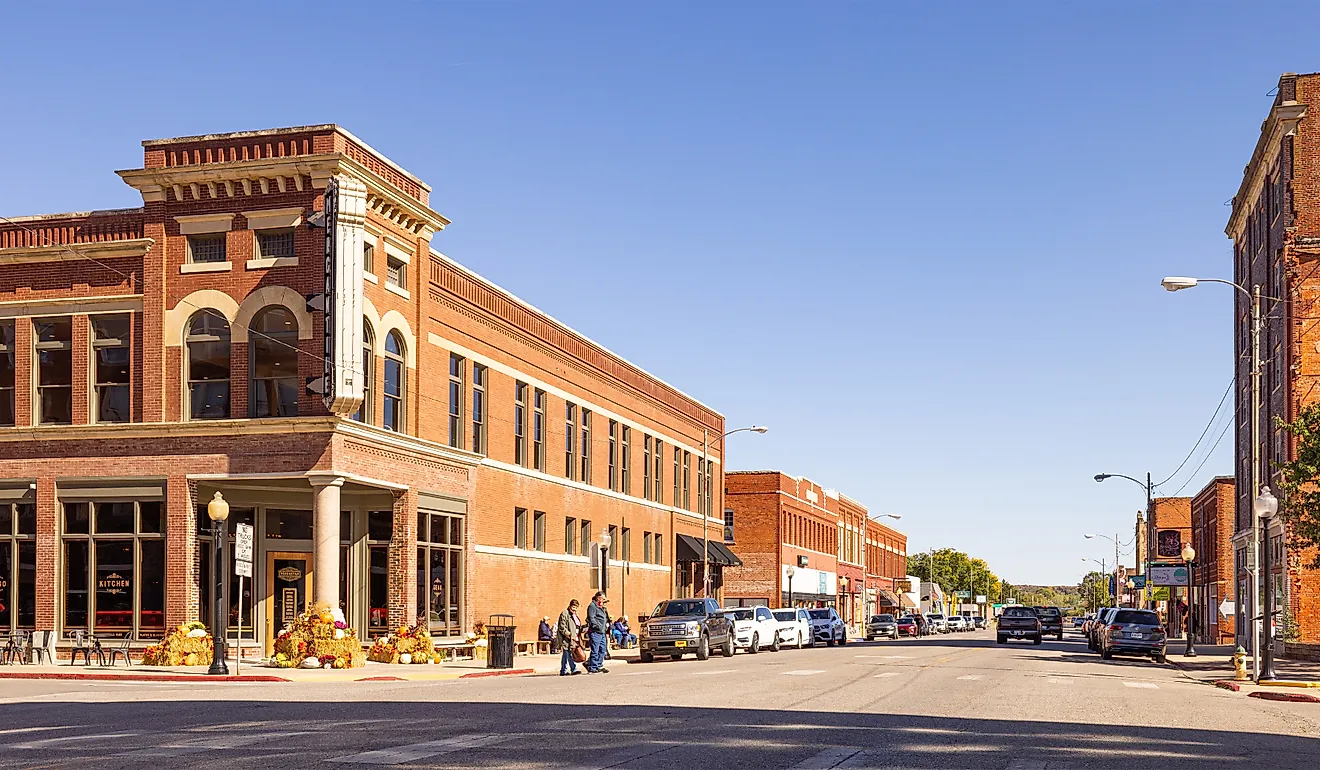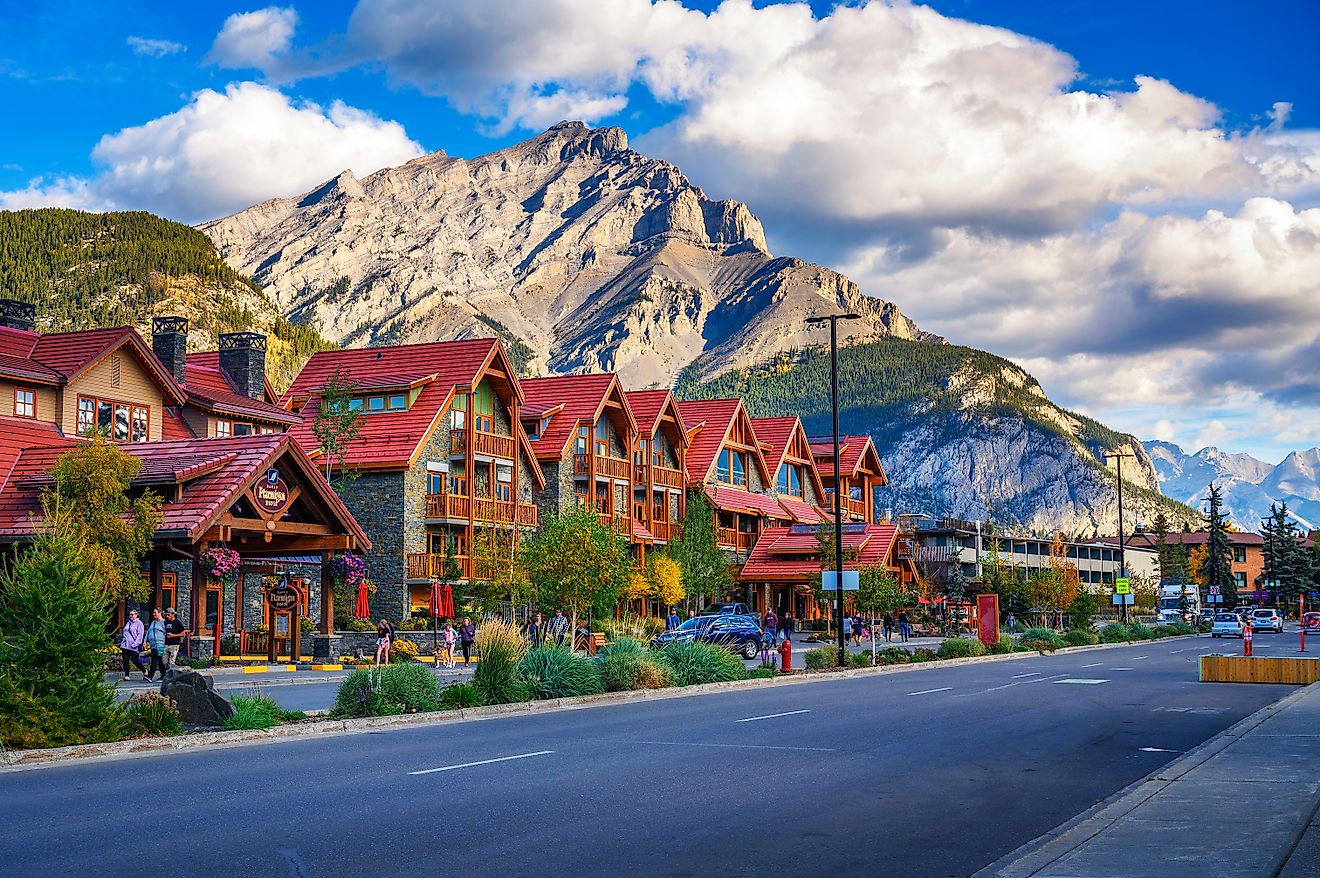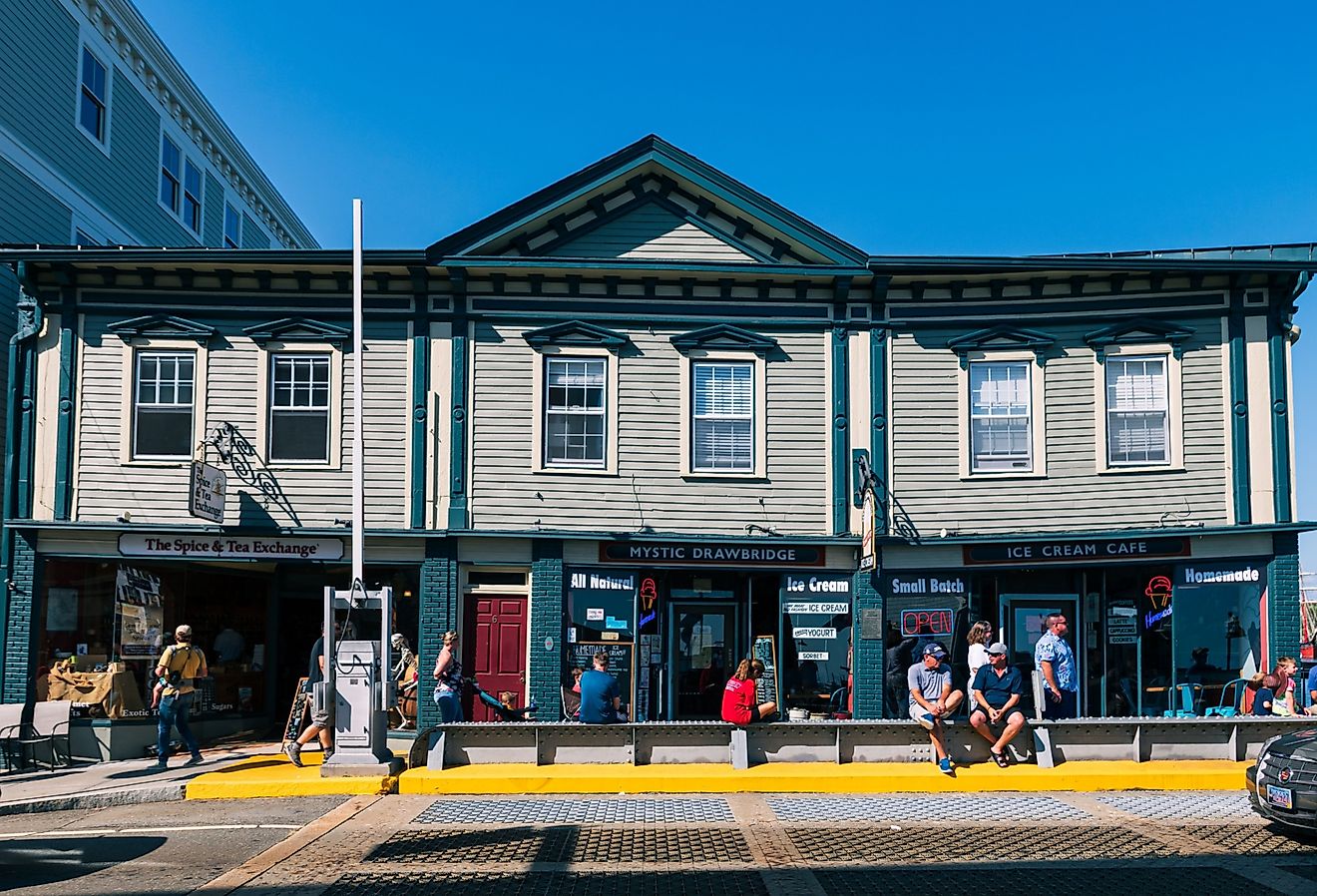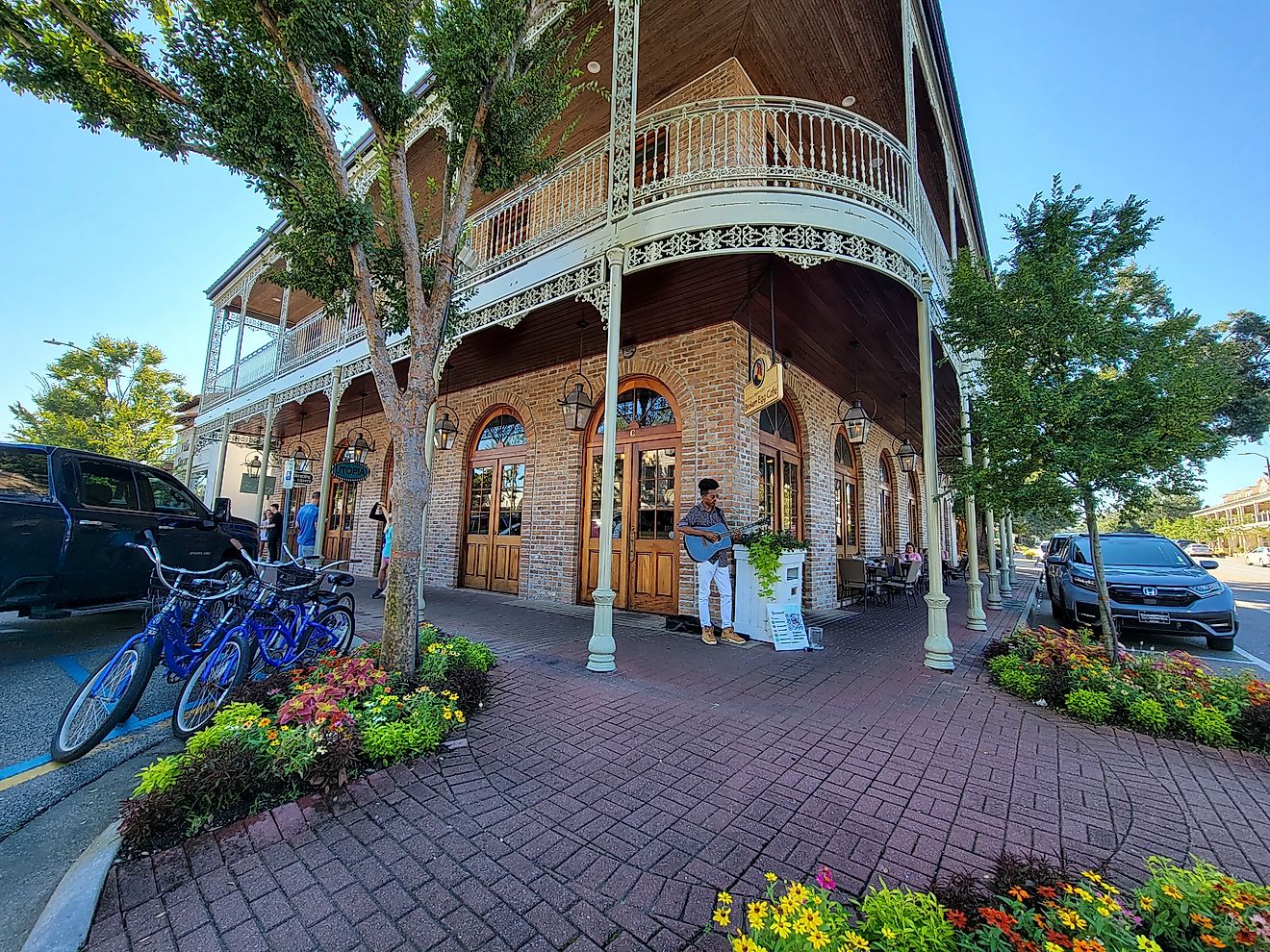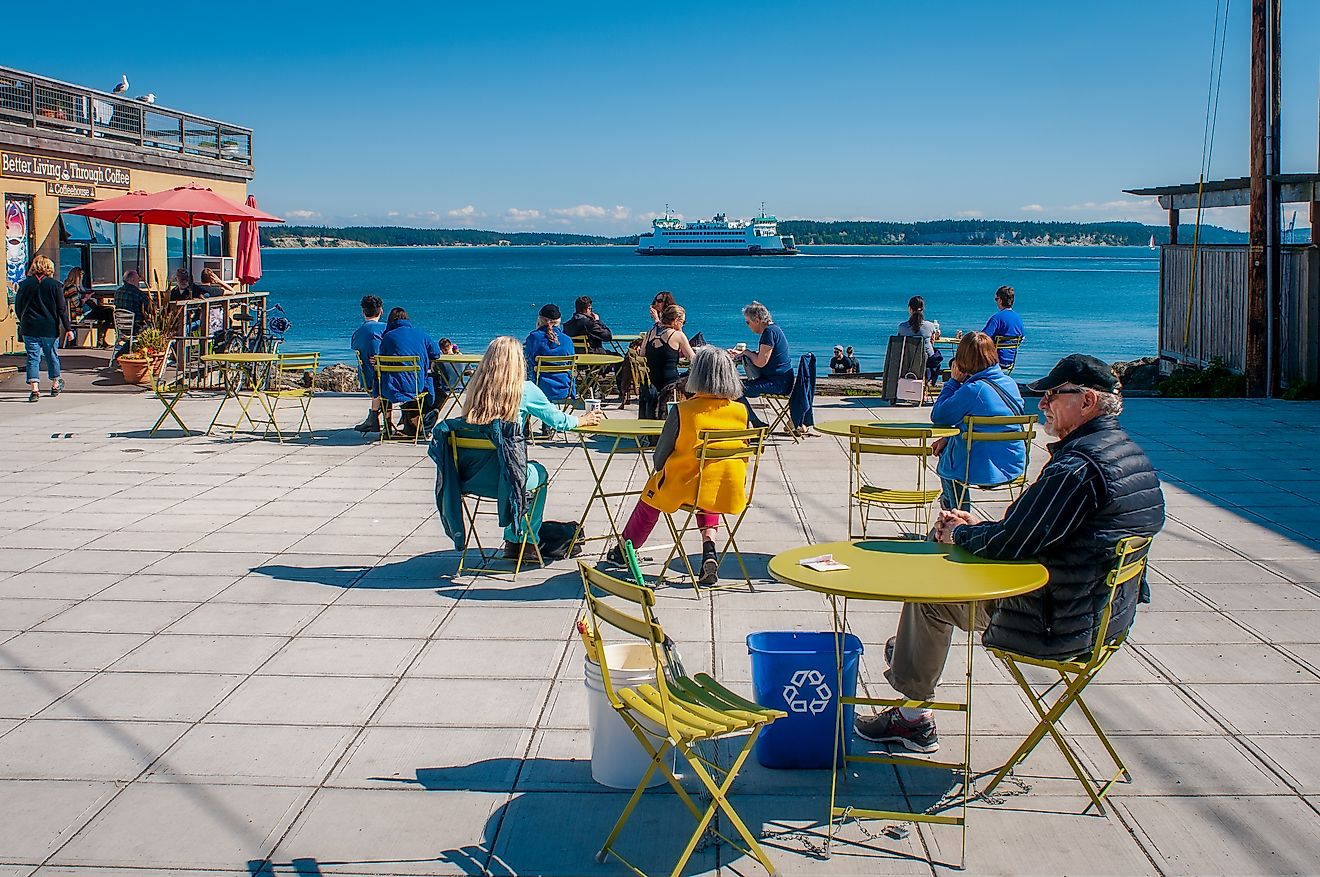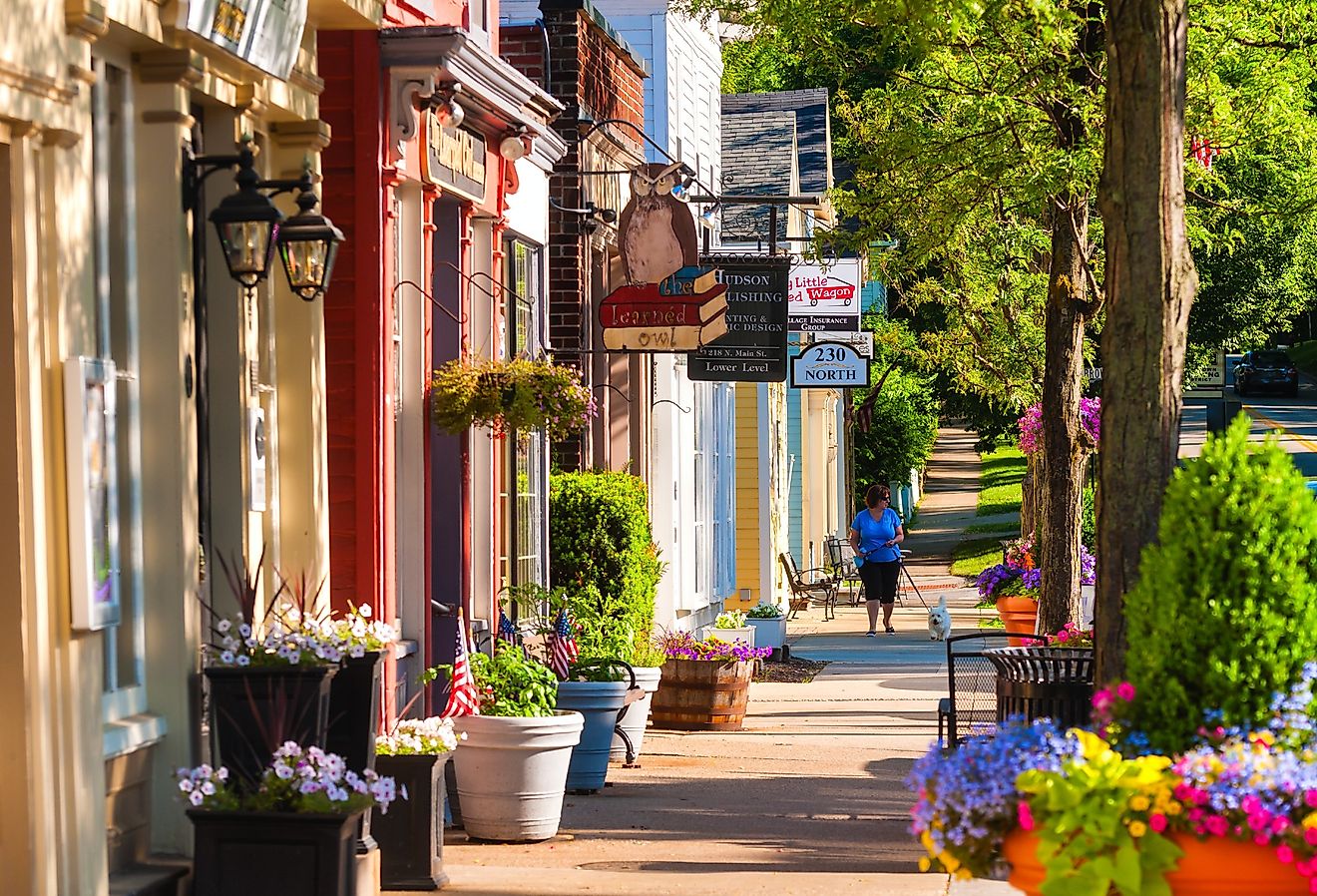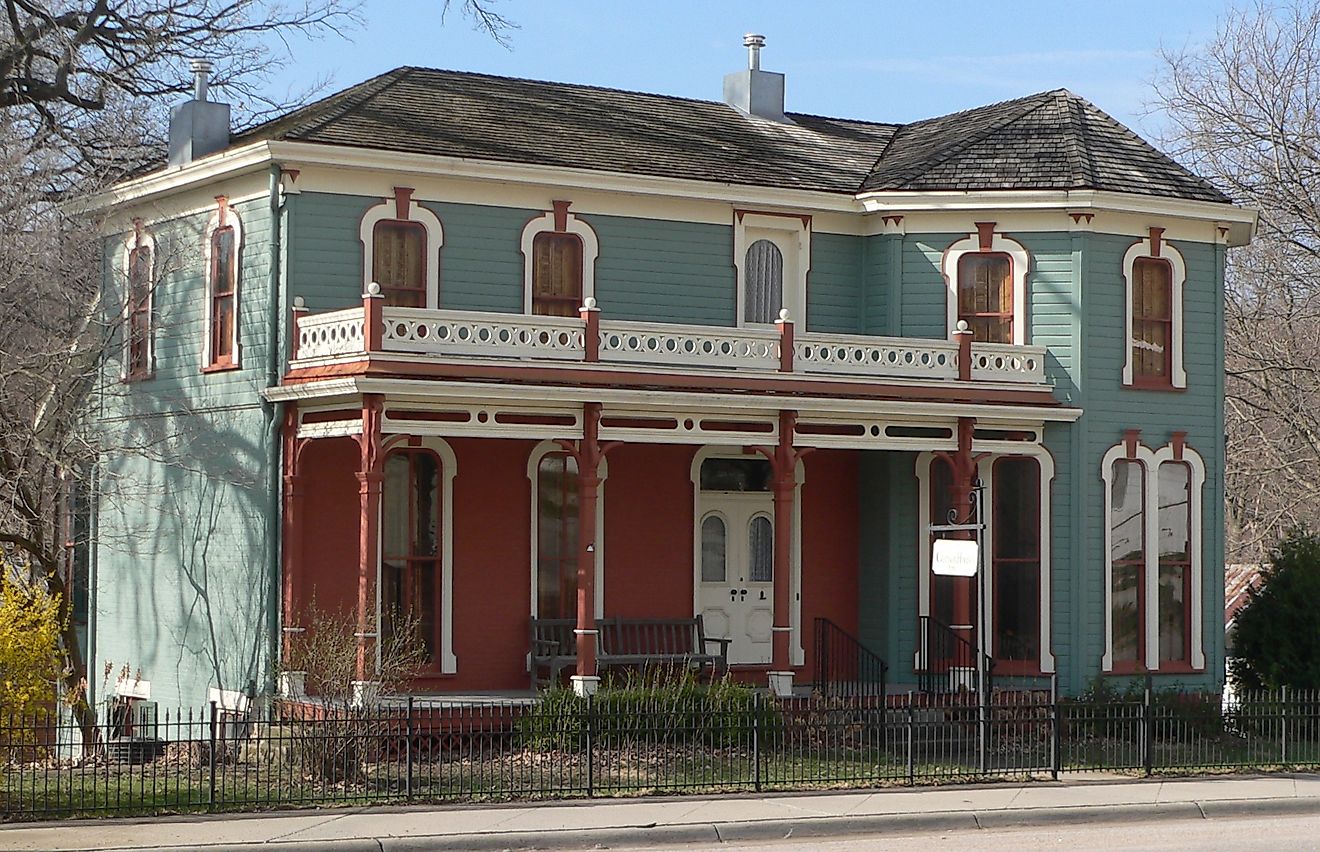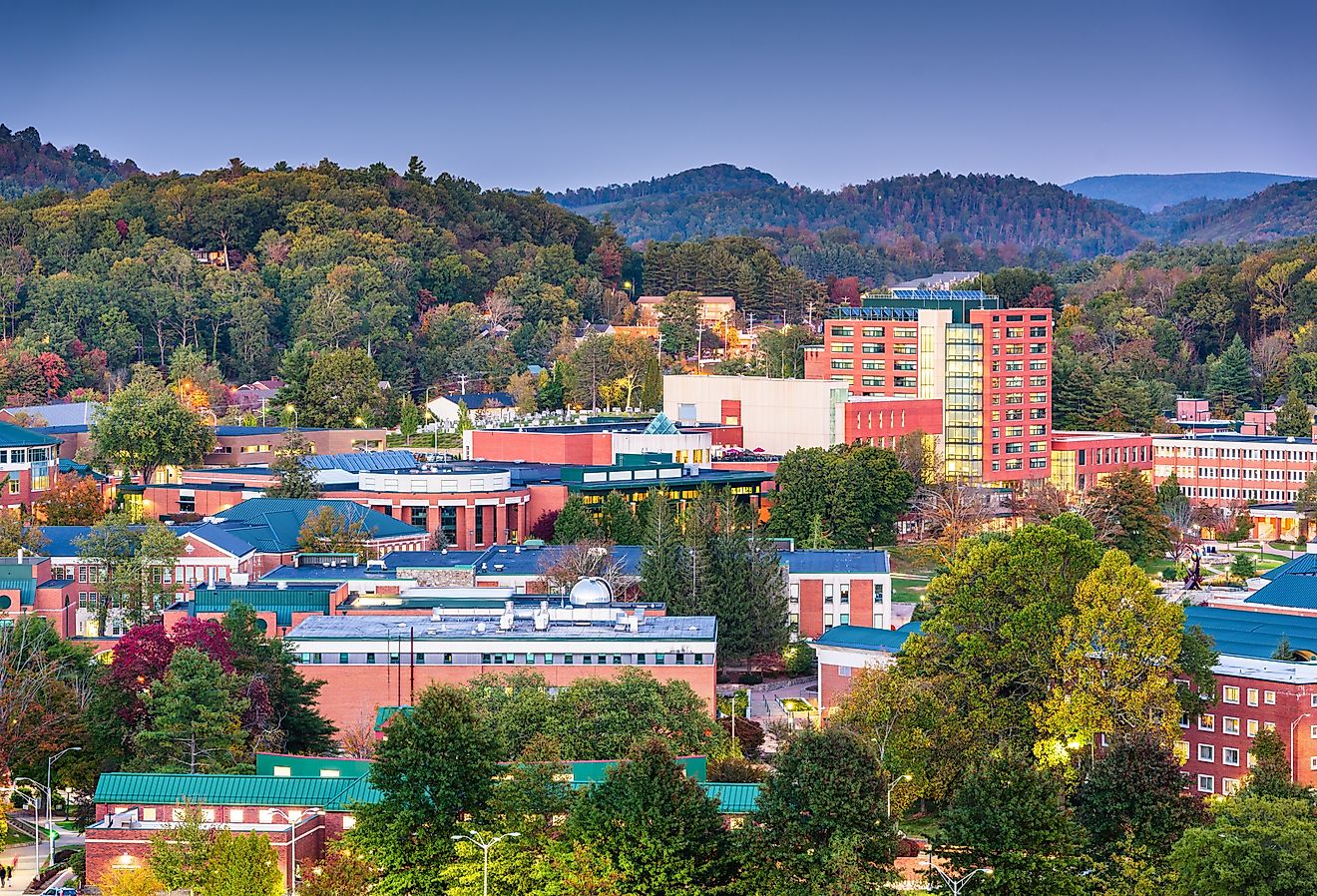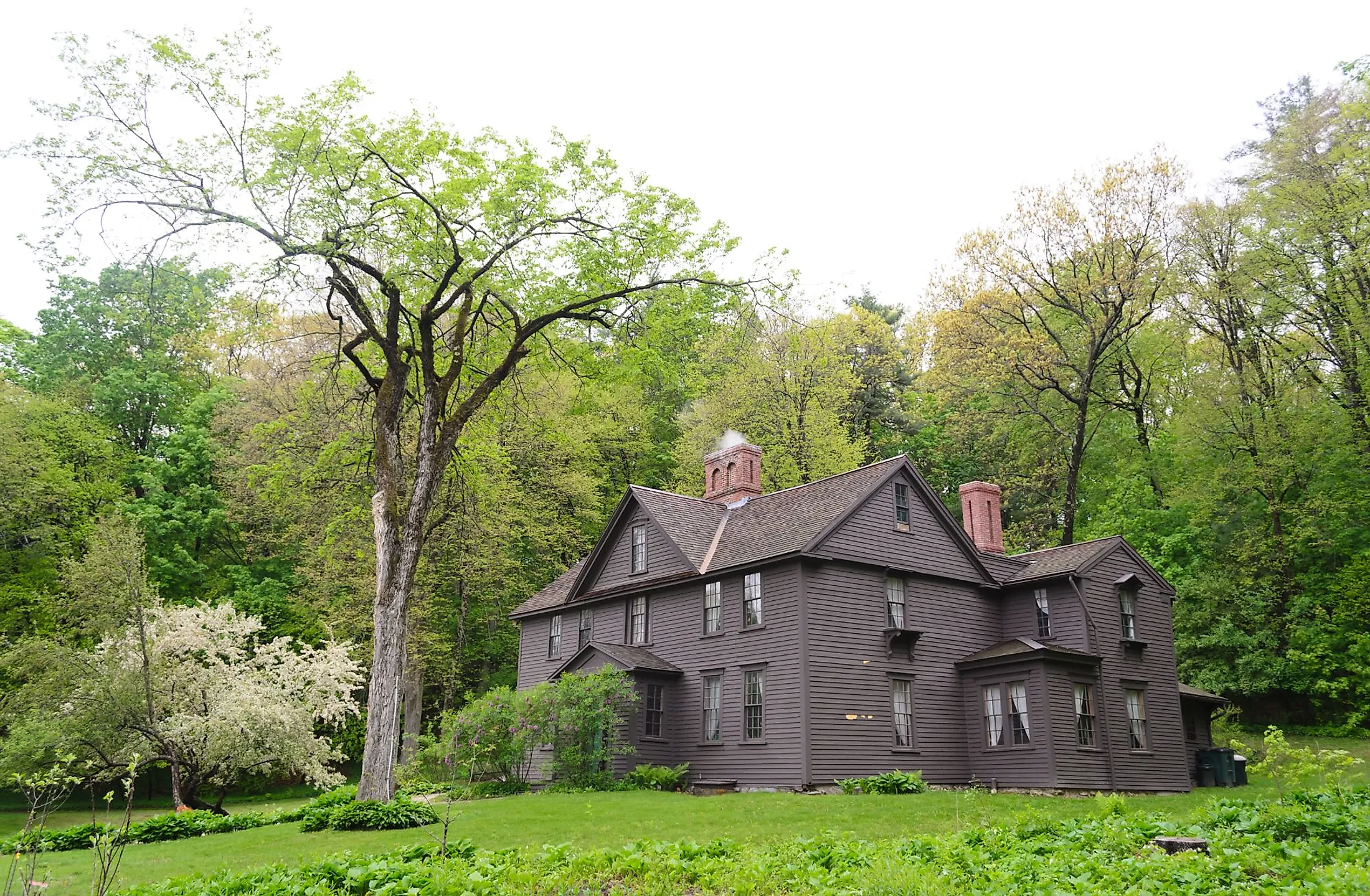
Concord, Massachusetts
When Concord, Massachusetts, comes to mind, one may associate it with being a sleepy little town outside of Boston. However, the scenic river community of today comes with an intriguing past. Furthermore, it is home to many famous residents, such as Louisa May Alcott, the author of Little Woman, whose writings describe her childhood in her book, and naturalist Henry David Thoreau who often described the landscape. The 19th century saw the cultivation of the concord grape and the first batch of Welch’s grape juice in Concord.
Geography And Climate Of Concord
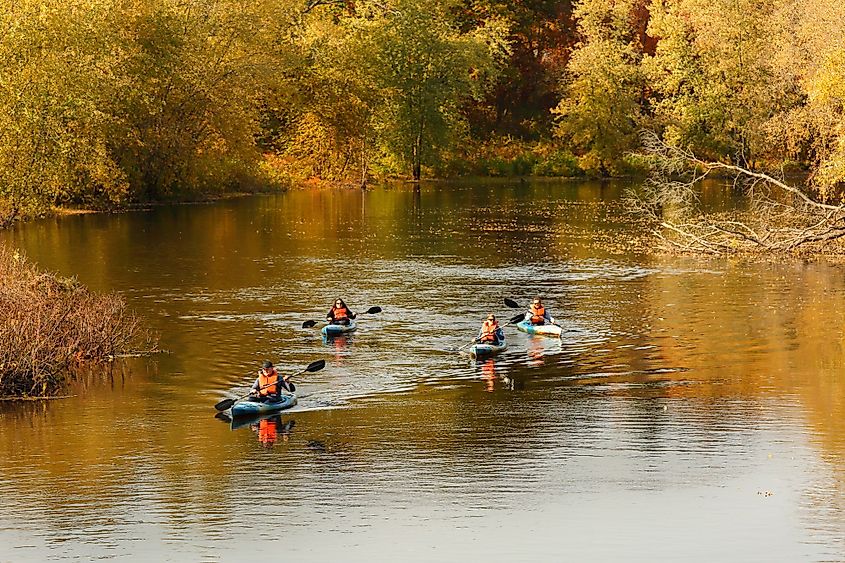
Concord is a small town situated in Middlesex County in the central-northeast portion of the US State of Massachusetts. Concord forms a part of the greater Boston area and is located approximately 31km from Boston, 21km from Lowell, and 37km from the city of Nashua in New Hampshire. The city covers a total area of 67.4 sq. km, of which 2.5 sq. km is covered by water, and 64.5 sq. km is occupied by land. The 26km long Concord River runs through Concord and is a tributary of the Merrimack River. Henry David Thoreau has described the famed river in his first book titled, A Week On The Concord and Merrimack. The 53km long Sudbury River, which starts in Westborough, is a tributary of the Concord River and conjoins it at Egg Rock.
With four seasons in a year, Concord experiences a humid subtropical climate, with a notably windy and snowy winter and warm summers. Over a year, Concord receives 130.9 days of precipitation from rain, sleet, and snow. Rainfall totals amount to 1036.32 mm, and snowfall totals to 1285.24 mm. The year's coldest month is January, with an average low of -8.7 °C, while the year's warmest month is July, with an average high of 28.4 °C.
History Of Concord
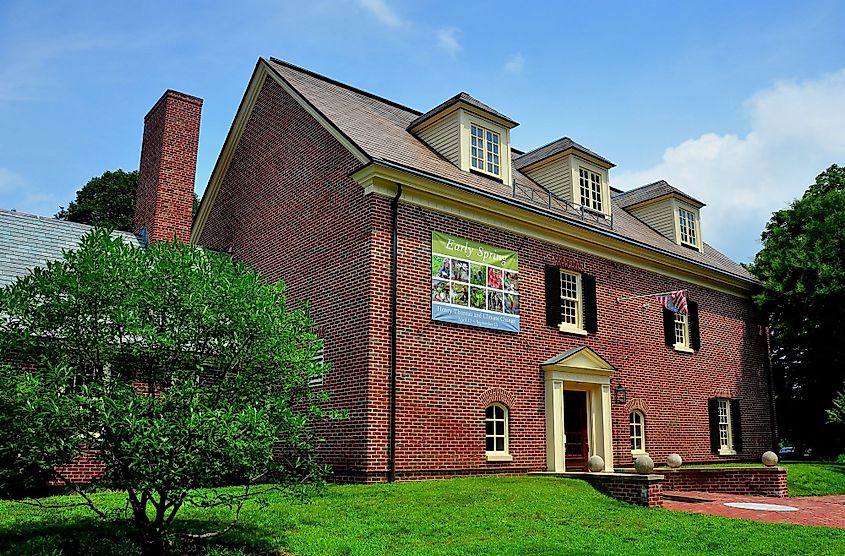
Before Concord was ingrained, the land belonged to the Pennacook Native Americans. The area was then known as “Mesketaquid,” the Algonquin word for grassy plains. Sadly, the smallpox outbreak and other diseases would diminish the Native American population of the Pennacook people. Concord was established as the foremost inland settlement in the larger Massachusetts Bay Colony. In 1636, the land was purchased from the Pennacook people in exchange for knives, hoes, hatchets, cotton, and shirts. In return, each colonist was given a small grant and a plot of land. In 1775, Concord was at the forefront of the Battle of Lexington and Concord, the first conflict in the Revolutionary War. British troops arrived from Boston on reports of a stash of weapons. The colonists of Concord assembled in aversion. With a brief attack on nearby Lexington, the first shots rang out in Concord with the advancement of the British troops. With the aid of nearby Acton and other townships, the British troops withdrew, instigating the historical event known as the Siege of Boston and the proclamation of the Revolutionary War.
The Population And Economy Of Concord
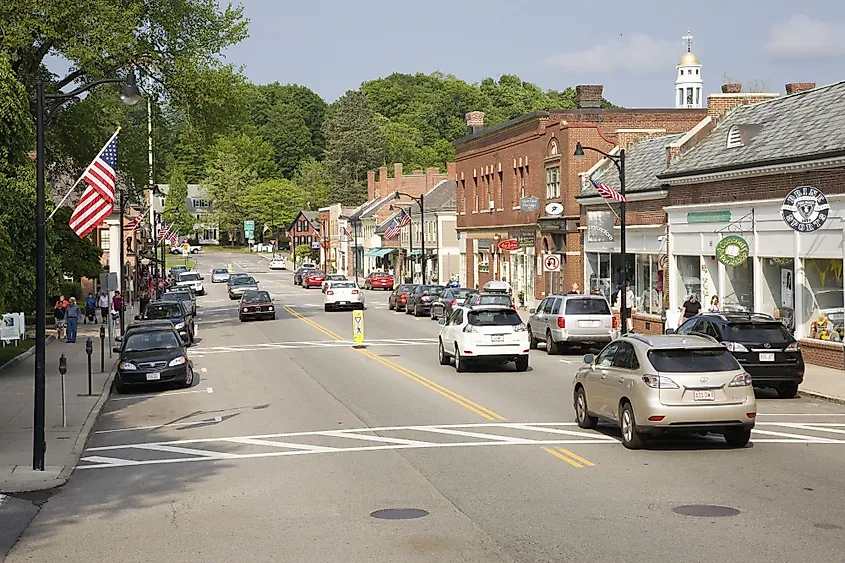
Concord has a population of 18,491 inhabitants. Covering an area of 67.4 sq. km, Concord has a population density of 270 people per sq. km. The median household income is $143,008, with a gross monthly rent of $2,065. The average age of a resident is 41.9 years old. On the cost of living index, Concord rates at 195.6, whereas the state of Massachusetts is 127.2. A primary concern for Concord residents when it comes to the cost of living is housing. Yet, 4.97% of residents live below the poverty line.
The unemployment rate is 4.8%, whereas the US unemployment rate is 6.0%. The major economies include scientific and technical services making up 20.4%, educational services at 18.2%, and healthcare and social assistance at 10.1%. Welch's was established in Concord in 1849 when the first grapes were cultivated. The first batch of Welch's grape juice happened 20 years later. When then dentist, Dr. Thomas Welch's grabbed 40 lbs of concord grapes from his yard to make the world's first shelf-stable juice. This was achieved by cooking and squeezing the grapes and then pasteurizing them. Since 1952, Welch's has exclusively been owned by farmers as part of the National Grape Co-operative. Today, Welch's is a global brand with 1000 employees and generates annual revenue of $11.1 million.
Attractions In Concord
Minute Man National Historic Park
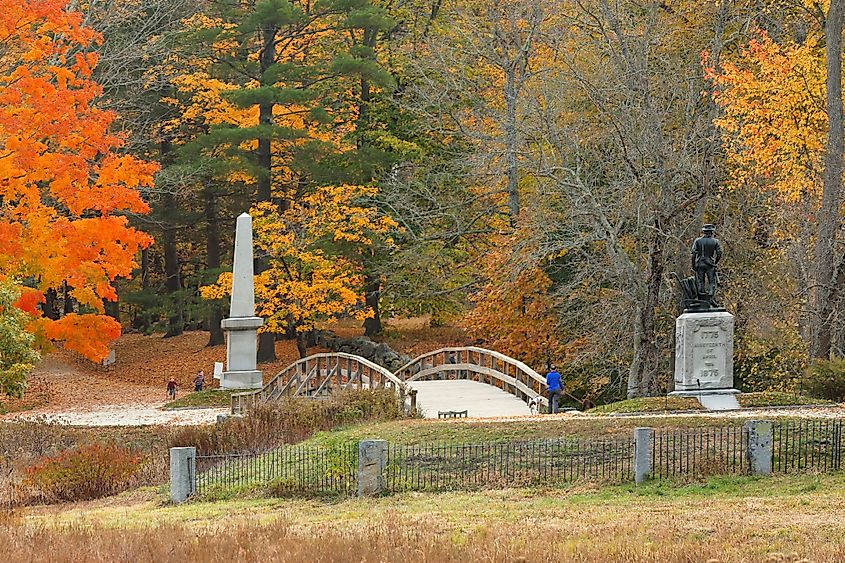
The Minute Man National Historic Park is dedicated to the opening events of the Battle of Lexington and Concord. In addition to the War of 1775, the National Historic site also has exhibits that showcase the many famous local literary authors and painters. The Wayside - the home to the Alcott Family, is open to the public to view three centuries of family history, from marching in the conflict of 1775 to famous writings such as The Scarlet Letter written by Nathaniel Hawthorne and Little Woman by Louisa May Alcott.
Walden Pond
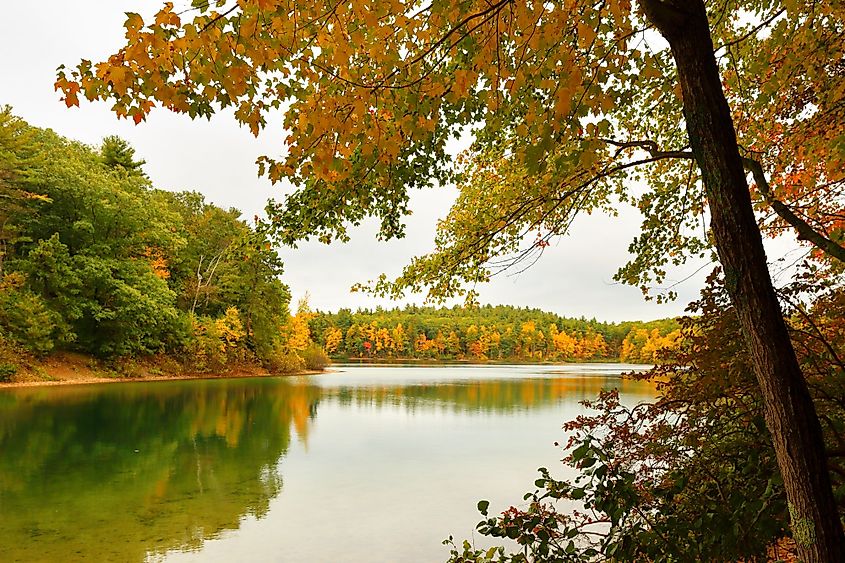
A National Historic Landmark, Walden Pond, is an example of a geological formation known as a kettle hole. Kettle holes occur in outwash plains from retreating glaciers and flooding. It was formed by a piece of stuck ice that melted and was surrounded by sediment and debris. Walden Pond is famous for its description in David Henry Thoreau's writing published in 1854 called Walden, or Life in the Woods. Thoreau's cabin can be found nearby, marked by granite posts. Walden Pond encompasses 136 hectares of land that includes sandy beaches and is open to the public.
Known for its many literary authors and brave colonists of the first inland community from Boston, Concord saw many historical events on its doorstep that were both big and small. Located only 30 minutes from Boston, there is much to be learned from a visit to Concord.
